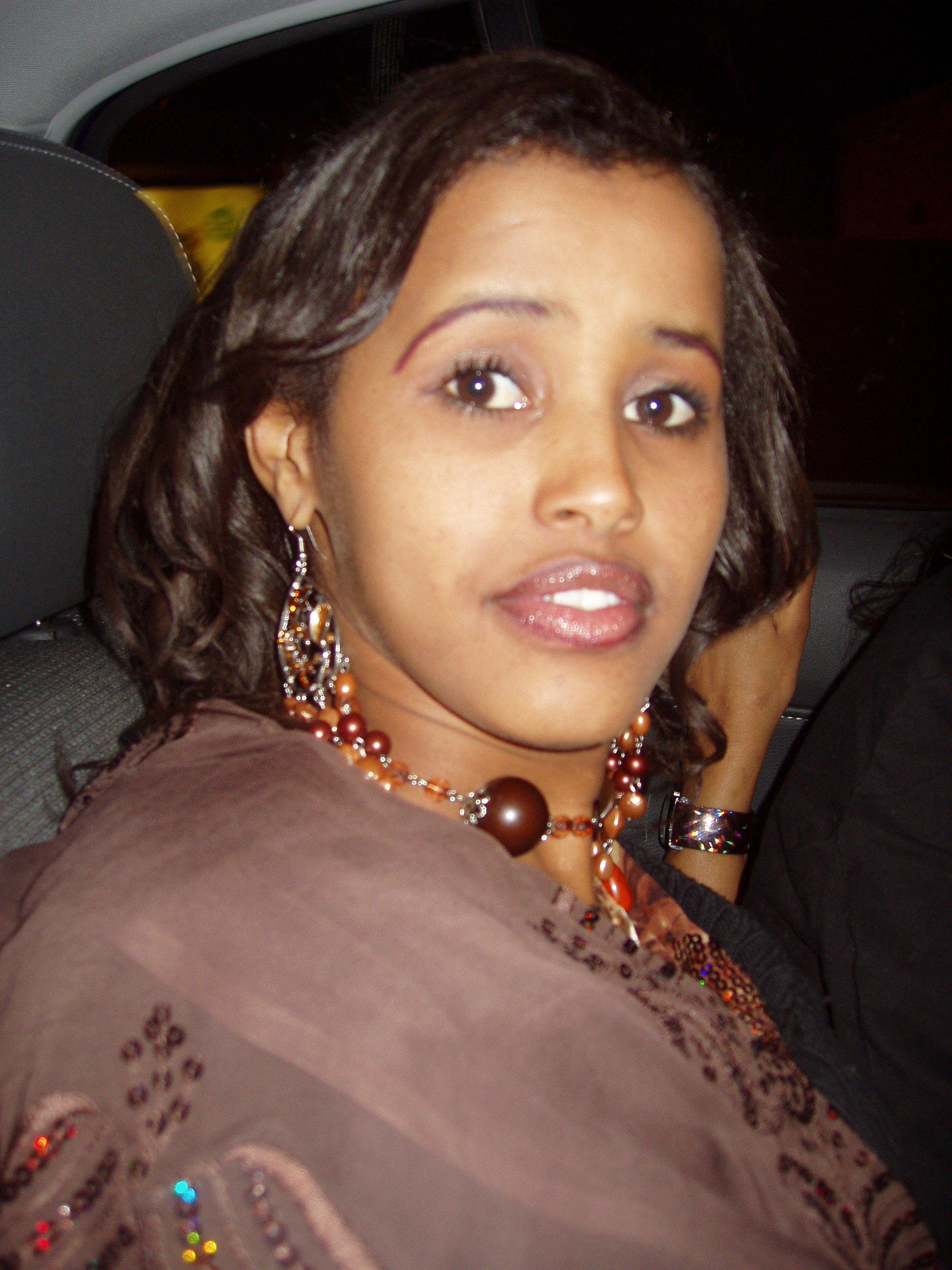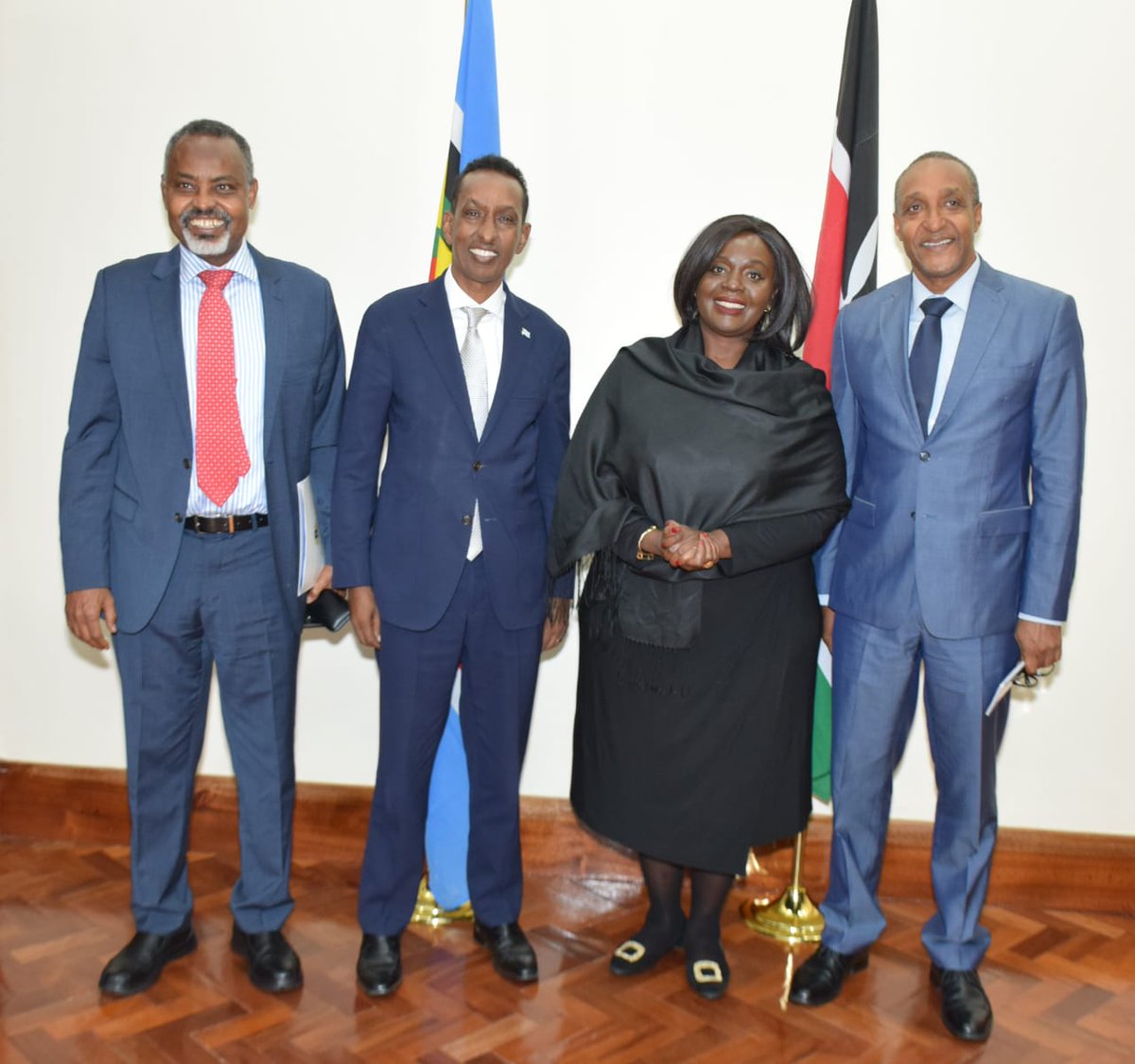Wasmo Somali Channel Owner: Navigating Digital Frontiers
The Evolving Landscape of Online Content Creation
The advent of user-generated content platforms has fundamentally reshaped how information and entertainment are consumed and produced. What began as simple video-sharing sites has evolved into sophisticated ecosystems where individuals can build substantial audiences, generate income, and even influence public discourse. This shift has empowered countless individuals to become their own media outlets, bypassing traditional gatekeepers and directly engaging with their target demographics. For many, becoming a channel owner is an aspiration driven by passion, a desire to share unique insights, or simply to entertain. The barrier to entry is remarkably low: a smartphone, an internet connection, and an idea are often all that's needed to start. This accessibility has led to an explosion of diverse content, from educational series and news commentary to personal vlogs and niche entertainment. However, this freedom also comes with significant responsibilities, particularly for those whose content might be perceived as controversial or sensitive by certain segments of their audience or by the platforms themselves. The global nature of the internet means that content created in one cultural context can be viewed and interpreted very differently in another, leading to potential misunderstandings or conflicts. The journey of any channel owner, including a "wasmo somali channel owner," is therefore inherently intertwined with these broader dynamics of digital content creation and consumption.Understanding "Wasmo" in the Digital Sphere
The term "wasmo" in Somali language generally refers to sexual intercourse or explicit sexual content. When associated with an online channel, it immediately signals content that is highly sensitive and potentially explicit. However, the interpretation and societal acceptance of such content can vary, making the role of a "wasmo somali channel owner" particularly contentious and complex. It's crucial to approach this topic with an understanding of the cultural and religious context within which the Somali community operates. Somali society is predominantly Muslim and adheres to conservative cultural norms regarding public displays of sexuality and explicit content. Therefore, the existence of channels explicitly labeled with "wasmo" often implies content that is considered taboo, morally objectionable, or even illegal within the community and under Islamic law. Such channels typically operate outside the mainstream, often targeting specific, often niche, audiences who seek out such material. The challenges for a "wasmo somali channel owner" are thus not only technical or platform-related but deeply rooted in cultural and ethical considerations.Cultural Nuances and Online Expression
The internet provides a space where individuals can explore identities and express themselves in ways that might be restricted in their physical communities. For some, this freedom can lead to the creation of content that directly challenges traditional norms. In the context of Somali culture, where modesty and religious adherence are highly valued, the creation or consumption of explicit content is widely condemned. This creates a significant tension for any "wasmo somali channel owner" who is operating within or catering to a community that largely disapproves of such material. The content might be seen as an affront to cultural values, potentially leading to social ostracization or even legal repercussions depending on the jurisdiction.The Spectrum of Digital Content
It's important to recognize that "wasmo" channels might exist on a spectrum. While some may feature overtly explicit material, others might imply or allude to sensitive topics without being graphic, or even use the term as a clickbait strategy for unrelated content. Regardless of the exact nature of the content, the association with "wasmo" immediately places these channels in a category that requires careful consideration regarding platform policies, audience safety, and legal implications. The perception of a "wasmo somali channel owner" is therefore heavily influenced by the cultural lens through which their content is viewed.The Role and Challenges of a Channel Owner
Being an online channel owner, especially one dealing with sensitive content, involves a unique set of responsibilities and challenges. For a "wasmo somali channel owner," these challenges are magnified due to the controversial nature of their content within their primary cultural context.Navigating Platform Policies
Major content platforms (like YouTube, TikTok, etc.) have strict community guidelines and terms of service that prohibit sexually explicit content, hate speech, harassment, and other harmful materials. Channels that violate these policies face consequences ranging from content removal and demonetization to channel suspension or permanent termination. A "wasmo somali channel owner" constantly operates on the edge of these policies, often finding their content removed or their channels shut down. This necessitates a continuous cat-and-mouse game where owners might try to circumvent detection, use euphemisms, or move to less moderated platforms. This constant battle against platform algorithms and human moderators is a significant operational challenge.Ethical and Societal Responsibilities
Beyond platform rules, there are profound ethical and societal responsibilities. Content creators, by virtue of their reach, can influence their audience, particularly younger viewers. For a "wasmo somali channel owner," the ethical implications are particularly stark. The content might be seen as contributing to the normalization of explicit material, potentially impacting social norms, especially among impressionable youth. There are concerns about potential exploitation, privacy violations, and the dissemination of harmful content. The societal backlash from the Somali community against such channels can be severe, leading to public condemnation, calls for censorship, and even real-world threats or harassment against the individuals perceived to be behind them. This pressure from the community adds another layer of complexity to the already challenging role of such a channel owner.Legal and Regulatory Frameworks
The legal landscape surrounding online content, especially explicit or sensitive material, is complex and varies significantly across jurisdictions. While some countries have very liberal laws regarding freedom of expression, others have strict regulations, particularly concerning obscenity, child exploitation, and content deemed harmful to public morals. For a "wasmo somali channel owner," the legal risks are substantial. In many countries, including Somalia and other nations with strong Islamic legal traditions, the creation, distribution, or consumption of explicit content can be illegal and punishable by law. Even if the channel owner operates from a country with more lenient laws, the content's accessibility to viewers in stricter jurisdictions can still lead to legal challenges, international cooperation in law enforcement, or content blocking within those countries. Furthermore, issues like copyright infringement, defamation, or privacy violations can also arise, adding to the legal complexities. The global nature of the internet means that a channel owner's actions can have legal ramifications far beyond their physical location.Community Impact and Public Perception
The impact of "wasmo somali channel owner" content on the Somali community is a significant concern. Such channels often spark intense debate and condemnation, particularly from religious leaders, community elders, parents, and youth organizations. The primary fear is the erosion of traditional values, the exposure of children to inappropriate content, and the potential for moral decay within society. Public perception of these channels is overwhelmingly negative within conservative Somali circles. They are often viewed as a source of corruption and a threat to cultural identity. This negative perception can lead to concerted efforts to report such channels to platforms, lobby for their removal, and educate the community, especially youth, about the dangers of consuming such content. The discourse surrounding these channels highlights a broader struggle between traditional values and the pervasive influence of global digital culture. The very existence of a "wasmo somali channel owner" becomes a flashpoint for discussions about morality, censorship, and the future of cultural identity in the digital age.Content Moderation and Platform Accountability
The responsibility for policing online content largely falls on the platforms themselves. Companies like Google (YouTube), Meta (Facebook, Instagram), and ByteDance (TikTok) invest heavily in content moderation teams and AI tools to enforce their community guidelines. However, the sheer volume of content uploaded daily makes this an immense challenge. For sensitive content like that produced by a "wasmo somali channel owner," moderation is particularly difficult. It requires understanding cultural nuances, distinguishing between artistic expression and explicit material, and consistently applying rules across a global user base. Platforms often face criticism from both sides: some argue they are too slow to remove harmful content, while others contend they are too quick to censor legitimate expression. The ongoing debate about Section 230 in the US and similar laws globally underscores the complex legal and ethical tightrope platforms walk. They are increasingly being held accountable for the content hosted on their sites, pushing them to develop more robust moderation systems and to be more transparent about their enforcement actions. This evolving landscape directly impacts the longevity and visibility of channels that push boundaries, including those run by a "wasmo somali channel owner."The Future of Digital Content Governance
The challenges posed by sensitive online content, including that from a "wasmo somali channel owner," highlight the urgent need for effective digital content governance. This involves a multi-pronged approach that includes: * **Improved Platform Technologies:** Developing more sophisticated AI and machine learning tools for content detection, alongside larger and better-trained human moderation teams that are culturally competent. * **Clearer Guidelines and Transparency:** Platforms need to articulate their policies more clearly and be transparent about how they are enforced, allowing creators and users to understand the boundaries. * **International Cooperation:** Since the internet transcends borders, international collaboration among governments, law enforcement agencies, and tech companies is essential to combat illegal and harmful content effectively. * **Digital Literacy and Education:** Empowering users, especially youth, with critical thinking skills to navigate online content responsibly and understand its potential impacts. This includes educating parents and communities on how to protect younger generations from inappropriate material. * **Ethical Frameworks:** Developing broader ethical frameworks for content creation and consumption that consider cultural sensitivities and societal well-being. The ongoing evolution of the internet means that the landscape of content creation and consumption will continue to shift. The role of a "wasmo somali channel owner," or any creator dealing with sensitive topics, will remain a focal point in discussions about digital freedom, responsibility, and the boundaries of online expression.Conclusion
The phenomenon of a "wasmo somali channel owner" serves as a microcosm for the broader complexities of content creation in the digital age. It underscores the tension between individual expression, cultural norms, platform policies, and legal frameworks. While the internet offers unparalleled opportunities for connection and creativity, it also presents significant challenges in managing content that is deemed sensitive, explicit, or harmful by certain communities or legal systems. For those who navigate this controversial space, the path is fraught with challenges, from constant content removal and channel termination to severe societal backlash and potential legal repercussions. The ongoing dialogue around such channels highlights the critical need for robust content moderation, greater digital literacy, and a collaborative effort between platforms, governments, and communities to foster a safer and more responsible online environment. As the digital world continues to expand, understanding these dynamics becomes increasingly vital for all stakeholders. What are your thoughts on the challenges faced by content platforms in moderating sensitive content from diverse cultural backgrounds? Share your perspective in the comments below, or explore other articles on our site about digital ethics and online content governance.
Future Of Somali Media: Wasmo Somali Channel Telegram 2025

Wasmo Somali Channel Telegram 2025: The Ultimate Guide To Staying Connected

Exploring Wasmo Somali Channel 2025: A Comprehensive Guide